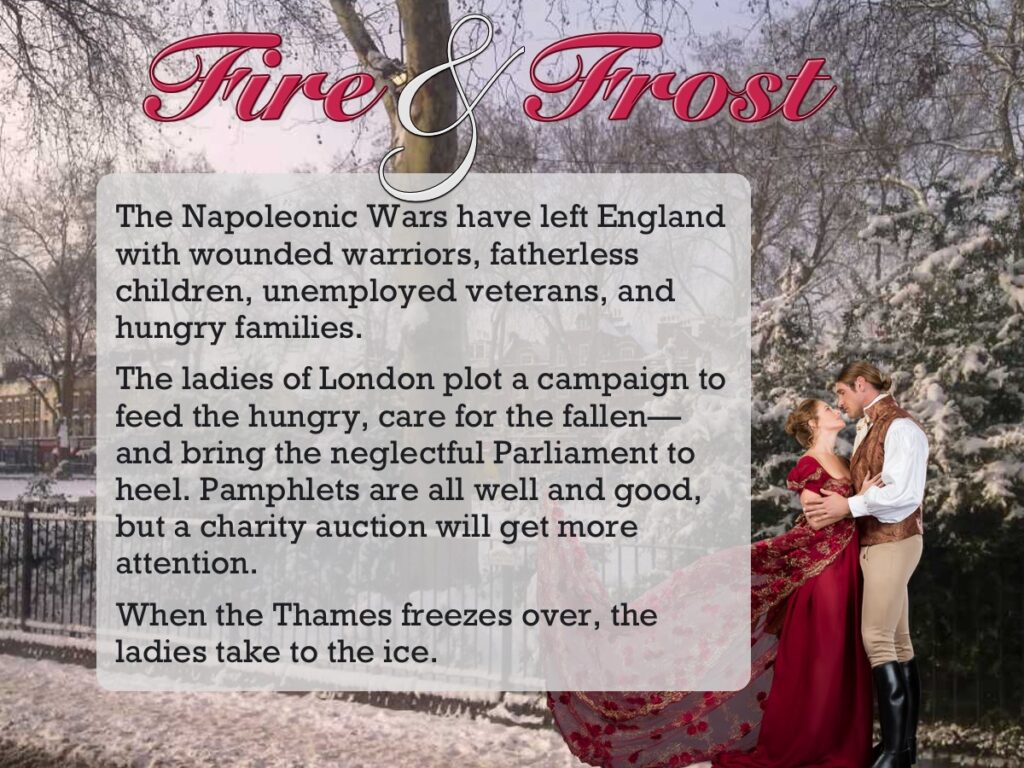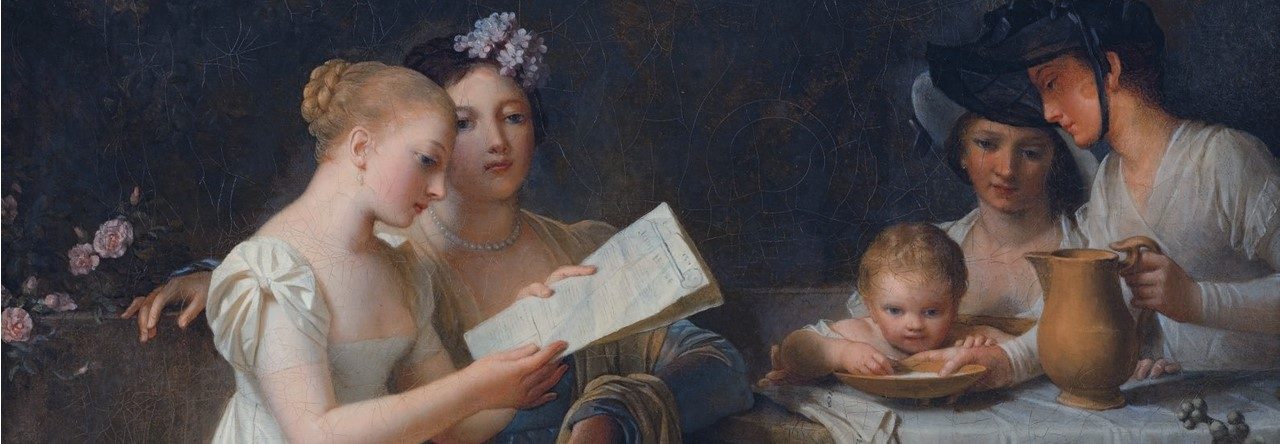
To the editor, Teatime Tattler
Dear Honoured Sir
It is with the greatest of reluctance that I put pen to paper. I am not, I assure your readers, sir, one to speak ill of my fellows, but I also believe most strongly that we of the highest ranks must set a good example to others.
Sadly, what I have observed with my own eyes leads me to believe that a previous correspondent to your paper has the right of it. One of the highest ladies in the land outside of the Royal Family has, indeed, been led into the most grevious of errors by the kindness of her heart.
Just the other night, I was at the theatre. It was not a memorable occasion to begin with — a very mediocre crowd, and much focused on some actor from the provinces who was making his debut on the London stage. At the interval, however, a vast crowd, all very merry, joined us, which was a great improvement, for what is the point of getting dressed to attend the theatre, if few people see you?
But I digress.
Miss C., a young person (I do not say ‘lady’, though she aspires to such) who currently lives in the household of the great lady I mentioned, was reprimanded — very properly, I might add — by the cousin who is the head of her family, and responded most pertly.
Are these the manners she learns at a ducal table, I ask you?
Perhaps so. You will be shocked — I was shocked, sir — to know that one much closer to the great lady’s heart (though not precisely what a proper gentlewoman would consider family) was also seen behaving scandalously a few days earlier.
I happened to be walking in Hyde Park on one of the first days without snow and fog, and I came across Miss J. G. in the arms of Lord D., who has been heard to wager he will be there to catch the maiden, if maiden she be, when she falls.
Miss J. G., you will know, is said to be the ward of said great lady (though the polite world knows she has no right to be in a ducal household, unless in the most menial — or the most scandalous of positions). It appears she has inherited the appetites of the mother who gave away her virtue to the great lady’s husband.
I interrupted them and they were soon after joined by Miss J. G.’s sister and Lord H. — another scandalous pairing.
Furthermore, the newly minted earl, Lord C., might look to the company that his sister, Lady F., is keeping under the sponsorship of the great lady. As if walking the back alleys of London with only a one-handed footman for protection is not foolish enough, she has now taken up with the Recluse of Cambridge!
Alas. One hears rumours that the great lady’s husband is ailing, and that his ailment is of the type to affect the brain. Perhaps the condition is infectious, for what else can explain such terrible flaws in judgement on the part of a lady we should all look up to.
I am sure you and your readers will join me in my concern over the ruin that encouraging such behaviours will make of public morals. In my own family, moral turpitude had such terrible consequences that my only recourse was to flee my home. Let a public outcry arise before London likewise sinks entirely into the mire.
I remain, most sincerely,
Lady A.

Lady Ashbury, is, of course, having a go at the Duchess of Haverford, patroness of a Ladies’ Society formed to help veterans. She also takes a swipe at the heroines of three of the stories, plus Jessica Grenford, the sister of my heroine, Matilda Grenford.
For more about these stories of love in a time of ice, see our Fire & Frost page, which has blurbs for each story and buy links for most retailers of ebooks. You can also buy Fire & Frost in print from Barnes & Noble and Amazon.
Lady Asbury appears in my Children of the Mountain King series. She is the wicked sister-in-law of my Earl of Ashbury, the hero of the second book, who is one of the people she is accusing of moral turpitude; safely enough, because he hasn’t ventured from his estate since he recovered from the injury that crippled him to find his wife and brother dead, children sent off to school, and sister-in-law gone.


Leave a Reply